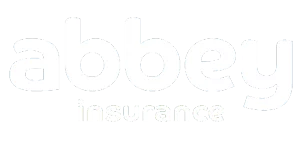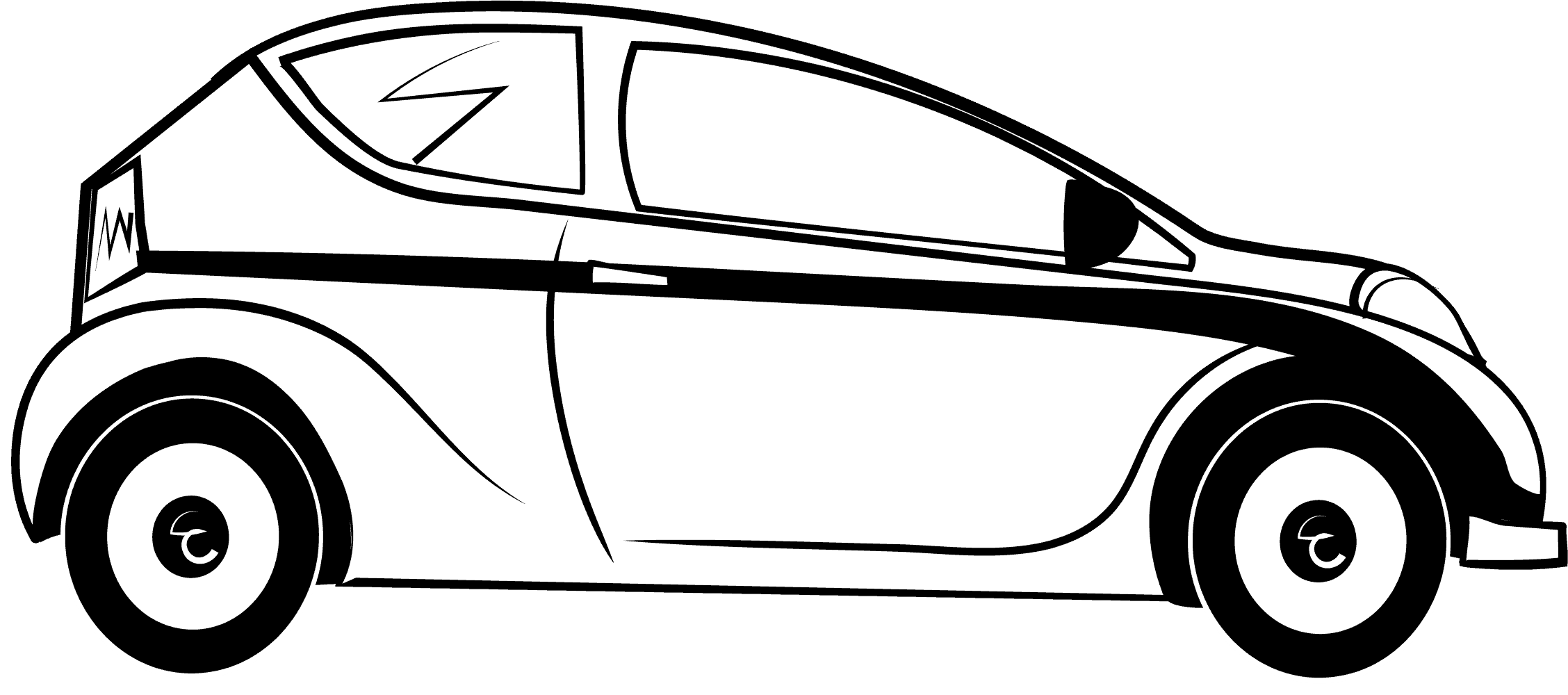New Driver Car Insurance


Let's compare new driver insurance quotes!

1. Get your quotes
Fill one simple form to compare young driver insurance across 120+ insurers

2. Compare policies
See the different types of cover available and choose monthly or annual payments
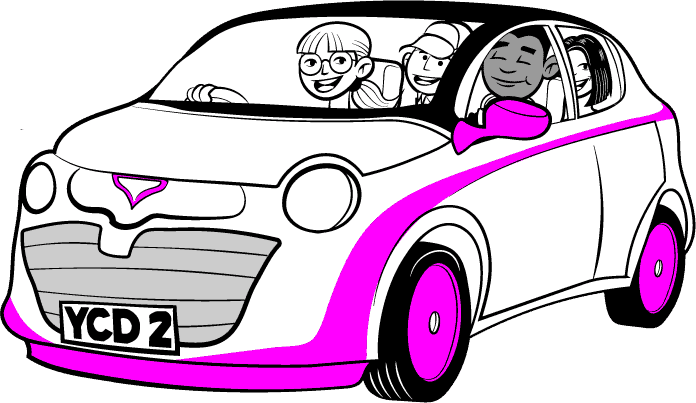
3. Buy online
Pick the best deal and buy online, you could be covered in minutes
What is new driver insurance?
New driver insurance covers people who have passed their driving test recently. Whether you’ve passed first time or been waiting a while to get your full driving licence, it’s understandable that you’d be keen to hit the road as soon as you can! However, don’t rush to get behind the wheel until you’re insured.
Insurance for new and first time drivers is designed to give you the protection you need as you start to build up your driving experience. There are several options and providers. Don’t be afraid to shop around. Through young Car Driver, you can compare quotes from over 110 of the UK’s leading car insurers to help you find a quote that suits your needs and your budget.
Do new drivers need insurance?
Yes, you must be insured if you want to drive a car on a public road in the UK. The minimum insurance you can legally have as a new driver is third-party car insurance. If you choose not to buy insurance and drive without cover, this could lead to a fine, court prosecution, or your car being taken away from you. If you’ve been covered by a learner driver insurance before taking your test, keep in mind that these are usually automatically cancelled when you pass, so you’ll need to organise new cover before hitting the road.

Compare quotes from over 120 car insurance providers

How much does new driver insurance cost?
The cost of your new driver insurance will depend on several factors, including how old you are, the type of car you want to drive, and how you plan to drive it. Even so, if you’ve just passed your driving test, you’ll likely face higher premiums than more experienced drivers. In fact, premiums can be high for the first three years that you’re on the road. It’s all about the risk; statistically, new drivers are more likely to get into an accident.
Don’t panic; the good news is that your premiums won’t stay high forever and will usually go down each year as you build more driving experience, assuming you don’t make any claims. According to MoneySuperMarket, the average annual car insurance for drivers who have held their licence for less than a year is £1,400. This figure falls to £767 once you’ve been driving for six years. There are also several ways to reduce your premiums and secure new driver insurance.
You could save up to £515 on young driver insurance*
*51% of consumers could save £515.24 on their car insurance. The saving was calculated by comparing the cheapest price found with the average of the next six cheapest prices quoted by insurance providers on Seopa Ltd’s insurance comparison website. This is based on representative cost savings from December 2024 data. The savings you could achieve are
dependent on your individual circumstances and how you selected your current insurance supplier.
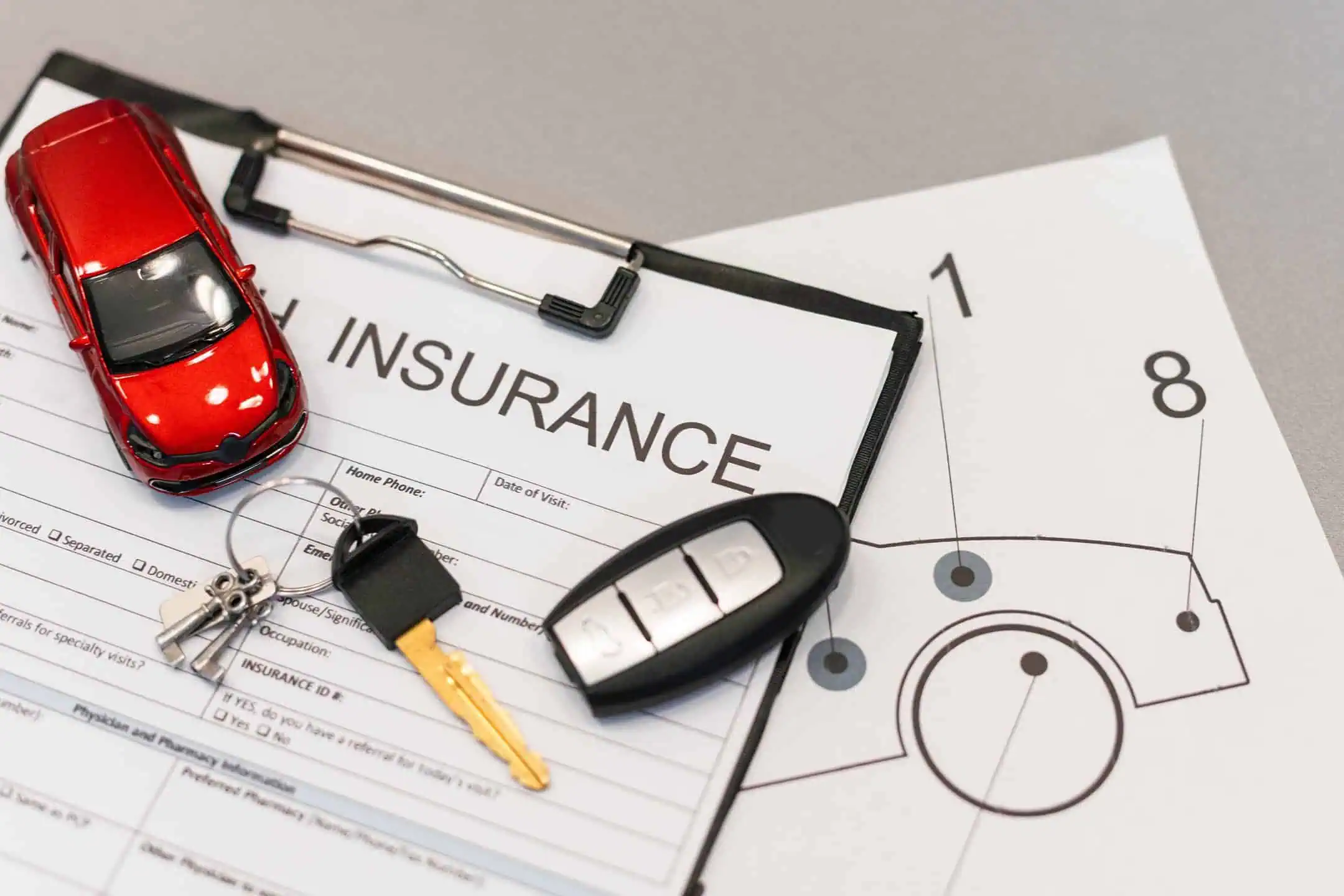
Do new drivers pay high insurance premiums?
Yes, new drivers can face high insurance premiums, especially if they’re aged between 17 and 25 years old. New driver car insurance can be expensive because those with less experience driving are more likely to be involved in an accident, and so are classed as higher risk drivers. Insurance premiums reflect the fact that a new driver is more likely to make a claim and require insurers to pay out.

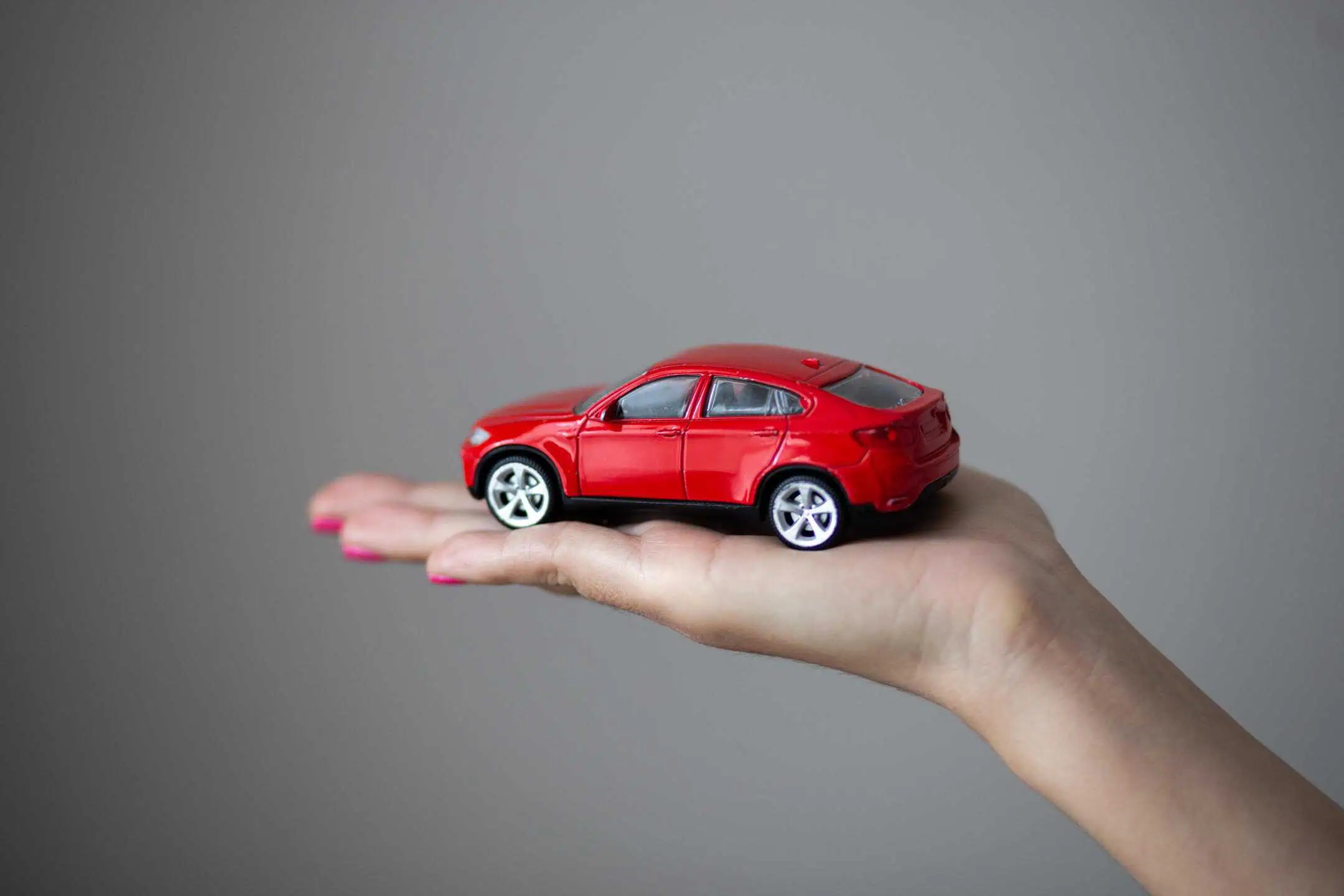
What affects the price of car insurance?
Several factors influence the price of new driver car insurance, including:
Your age
Older drivers typically pay less than younger drivers, especially those aged 17 to 21 years oldYour address
If you live in an area with a higher crime rate, your premium may be higher than if you were living in a safer areaJob title
If you have a role that requires a lot of driving, especially at night, your premium may be higher to reflect the additional riskClaims history
Once you’ve started driving, you can build up a no-claims over time. But if you’ve made a claim in the last five years, you might need to pay more for your annual premiumDriving history
Being involved in accidents or having driving convictions will make your insurance more expensive and may even make it difficult for you to find coverage, depending on the severity of your offences.Your car
Each car in the UK is placed in an insurance group that determines how much it will cost to insure. Typically, the smaller the car’s engine and the less valuable, the cheaper your premium will beYour car’s modifications
Depending on the modifications you make, your car could become more or less of a risk. Changes that increase its value or its likelihood of being in an accident can bump your insurance premiums, while safety-focused modifications could reduce your costs.
What are the different types of new driver insurance available?
If you’re looking for new driver insurance, there are three main types to choose from:
- Comprehensive
- Third-party, fire, and theft
- Third-party
- Black box
- Pay-as-you-go
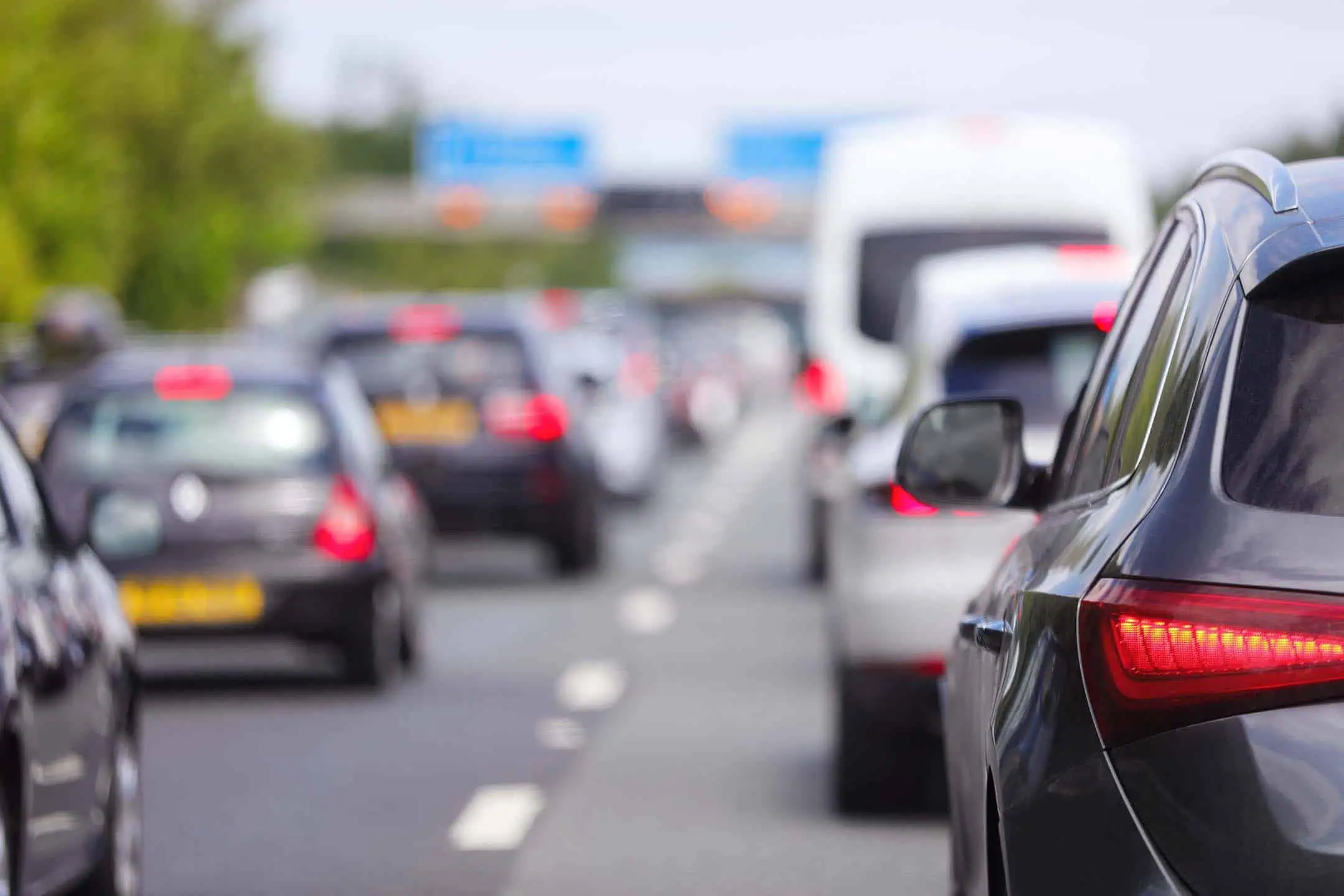
Comprehensive
Fully comprehensive insurance is the highest level of insurance protection and usually covers damage to your car and other people’s vehicles, injuries, theft, and fire damage.
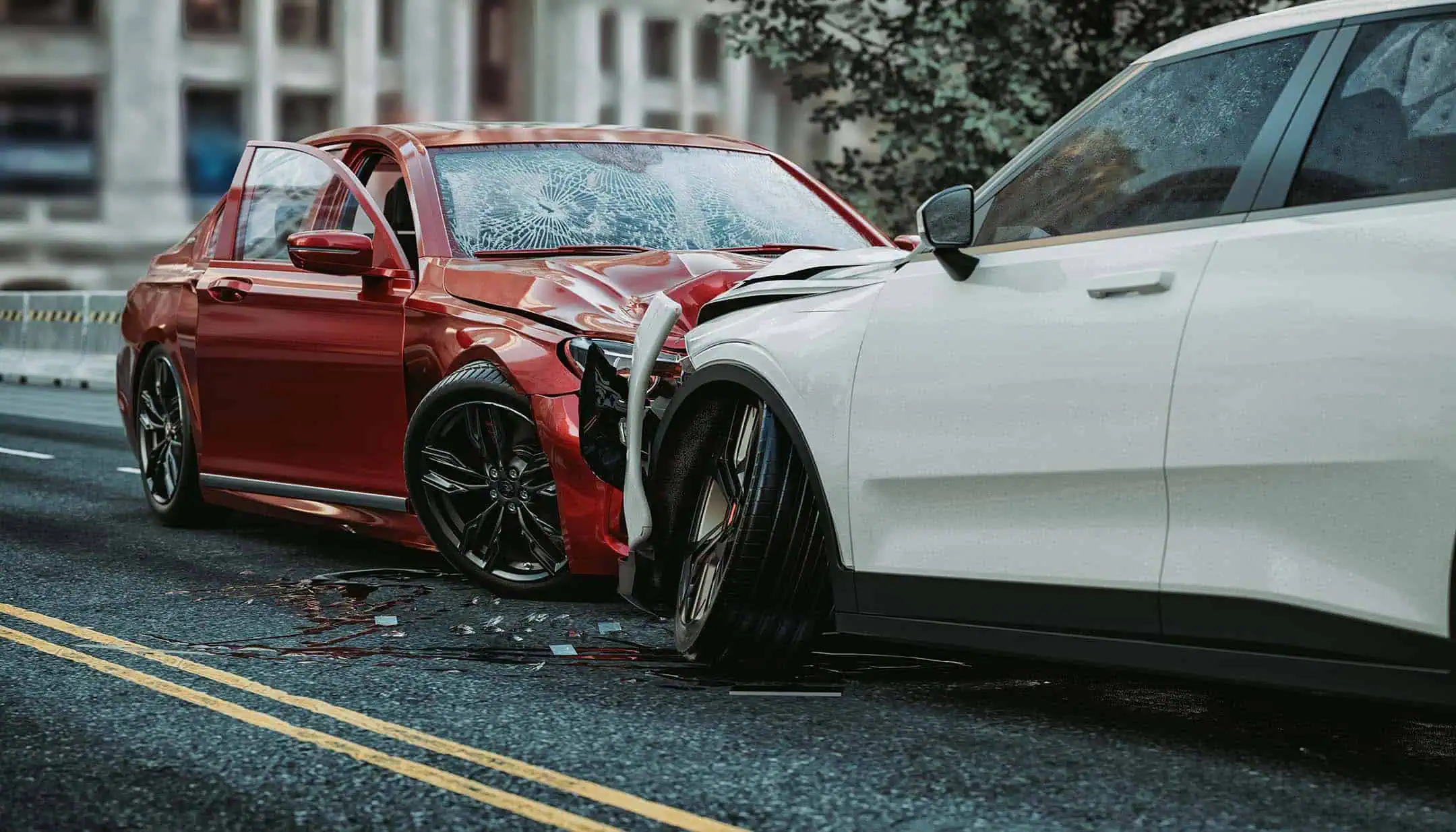
Third-party, fire, and theft
Third-party, fire, and theft insurance will cover you for any damage you inflict to someone else’s car and the other person’s injuries and will also offer protection if your vehicle is stolen or damaged by fire.
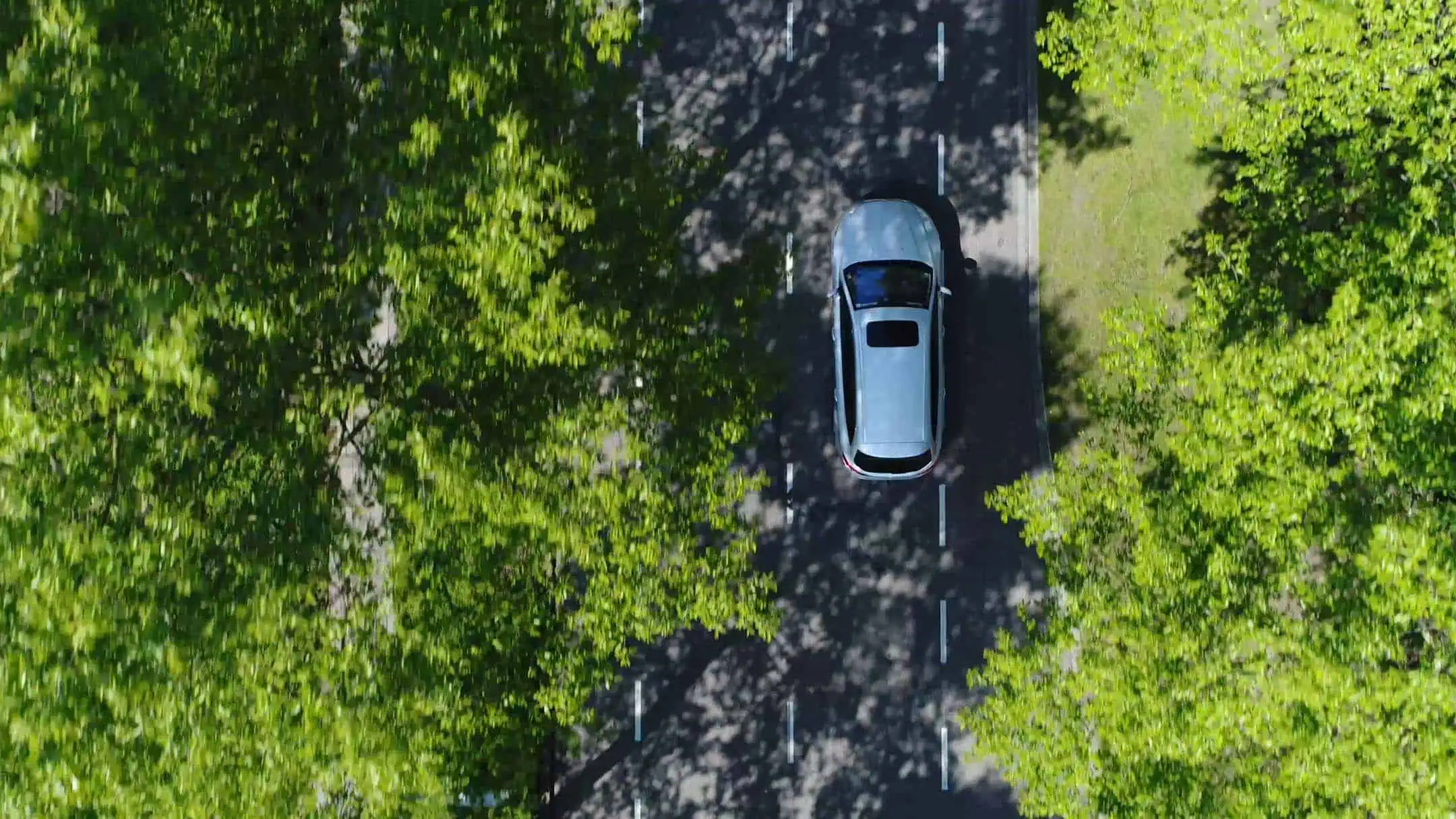
Third-party
Third-party is the minimum level of insurance you can legally have as a new driver in the UK. It will cover you if you damage someone else’s car or accidentally injure another person, but it won’t cover your injuries or the damage to your vehicle.
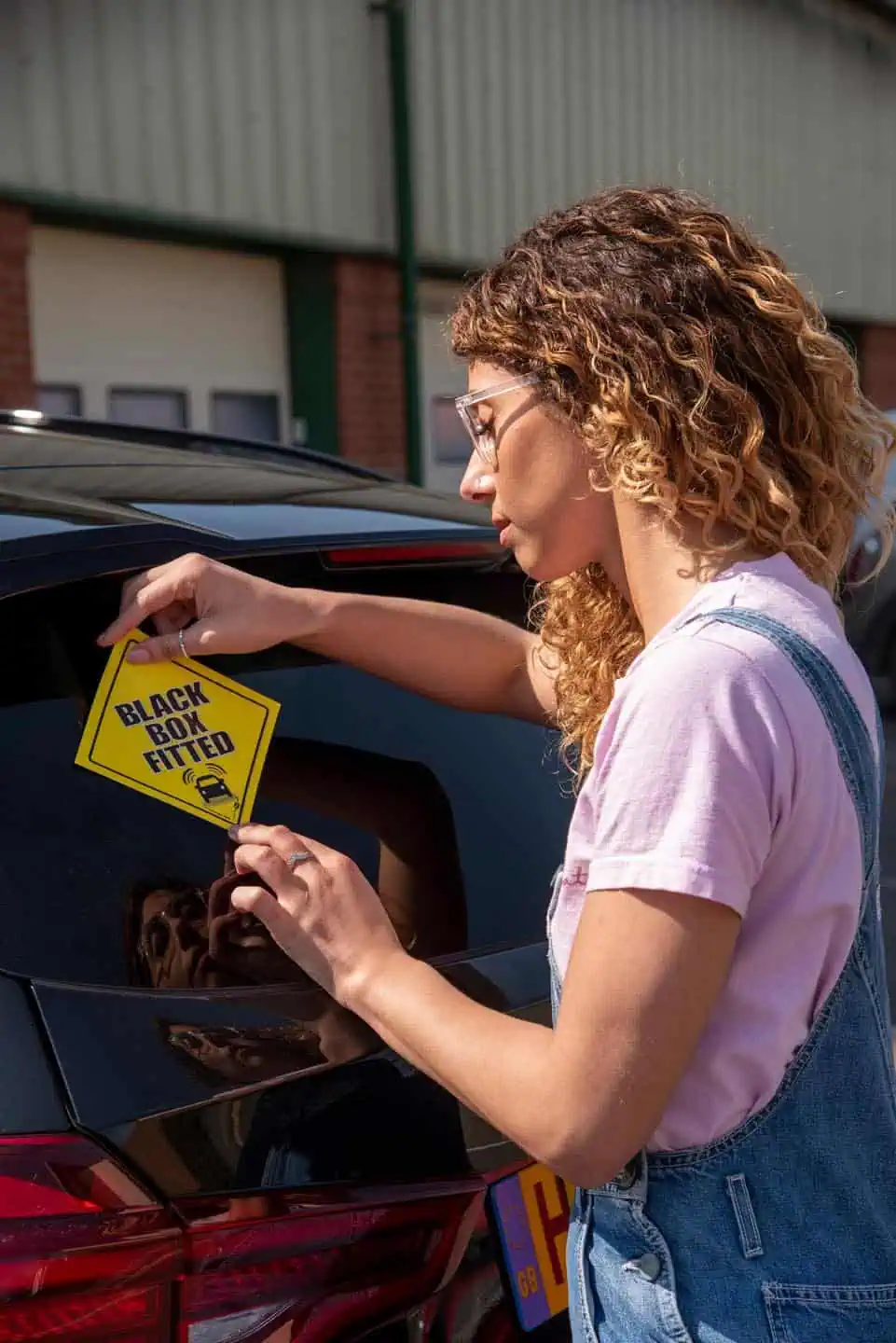
Black box
Black box insurance harnesses technology to monitor your driving. A matchbox-sized box is fitted to your car. It’ll silently keep track of your speed, the distance you travel, the time of day you’re driving, and how well you’re cornering, braking, and accelerating. If you’re found to have driven responsibly over the year, the data that the black box records could help you secure a lower insurance premium next year.
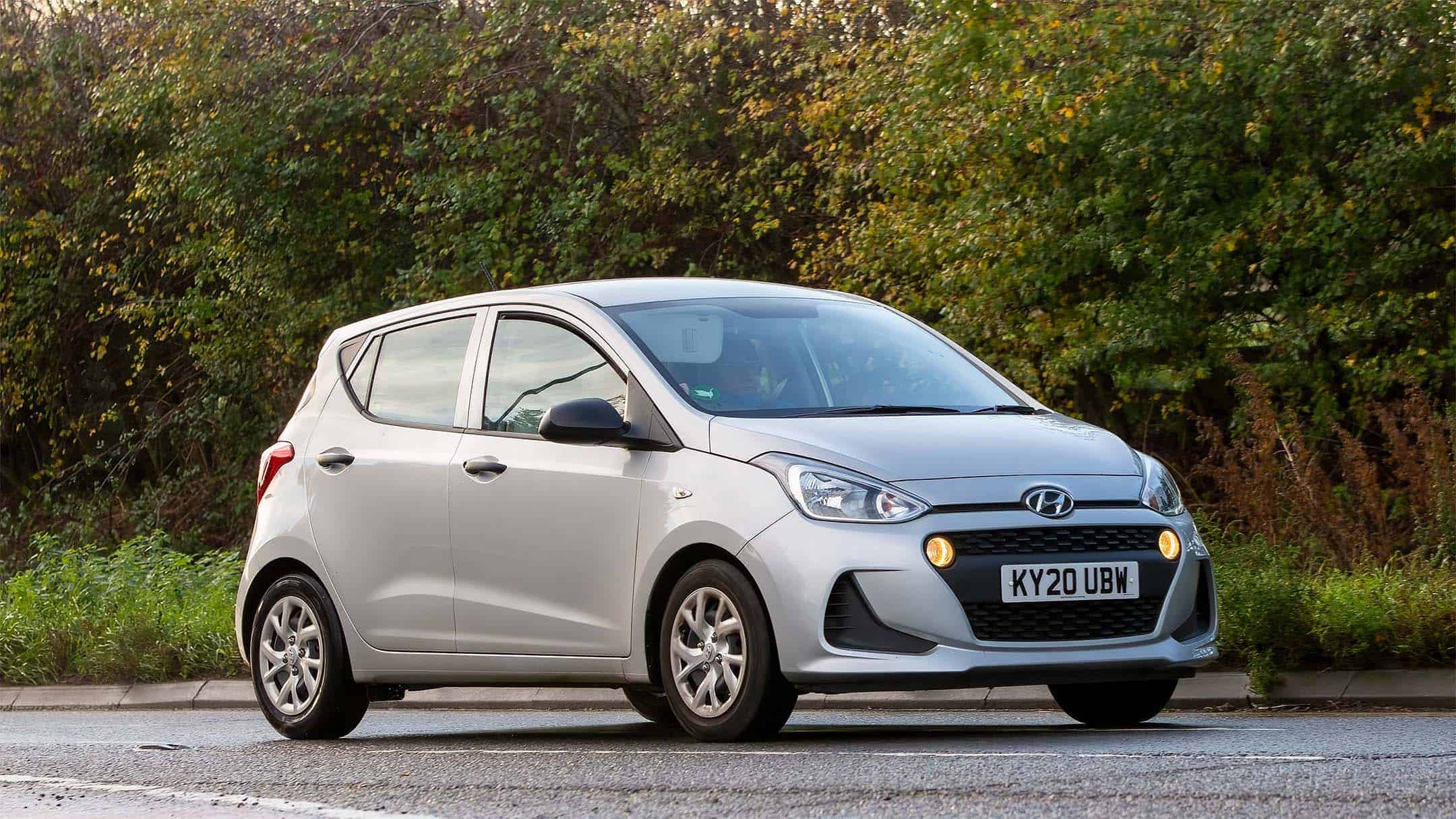
Pay-as-you-go
Pay-as-you-go car insurance differs from other types of policies as it’s based on when, how well, and how long you drive. You’ll typically pay a flat rate while the car is parked and then another rate for each mile you drive.
How to get cheap car insurance for new drivers
If you’re a new driver looking to reduce your car insurance, there are a few steps you can take to try and lower your premium:
Take a driving course
Not all insurers will offer a discount for those who have taken a driving course, but others will recognise the increased skillset gained by taking a recognised advanced driving course and give you a lower premium in return.Add an additional driver
While you must not claim another person will be the car’s main driver if they won’t be, you can add a more experienced driver to your policy as an additional driver, which can sometimes lower your insurance cost.Choose a car from a lower insurance group
Every car in the UK gets an insurance group number from 1 to 50. The lower the insurance group, the lower your insurance premium is likely to be. Do your research before you buy to double-check the group your car falls into, and try to choose one at the lower end of the scale if possible.Drive safely
Every time you make a claim on your insurance, it increases the cost of your next year’s premium. If you can drive safely and avoid accidents, you’ll increase your chances of securing cheaper car insurance each year you go without claiming.Keep your car secure
The more at risk your car is, the more your annual insurance will cost. If you can keep your car in a locked garage, especially overnight, then you may have a reduced premium than if you were to park on the street.Accurately estimate your mileage
You’ll need to enter your average annual mileage when applying for an insurance quote, and it’s important to be as accurate as possible. However, if you don’t drive many miles each year, your premium will likely be lower than those who are constantly on the road.Pay annually
While it’s not always possible due to your financial circumstances, it’s usually cheaper to pay your insurance in one annual payment rather than break it up into 12 monthly payments.Increase your voluntary excess
Your excess is the amount you must pay towards a claim before the insurer steps in. The more you can pay in excess, the lower your premium. Even so, make sure the amount you choose is affordable and won’t force you into debt if you do need to claim.Compare quotes
Don’t be afraid to shop around. Via Autedia, you can compare quotes from over 110 of the UK’s leading car insurers to help you find a quote that suits your needs and your budget.
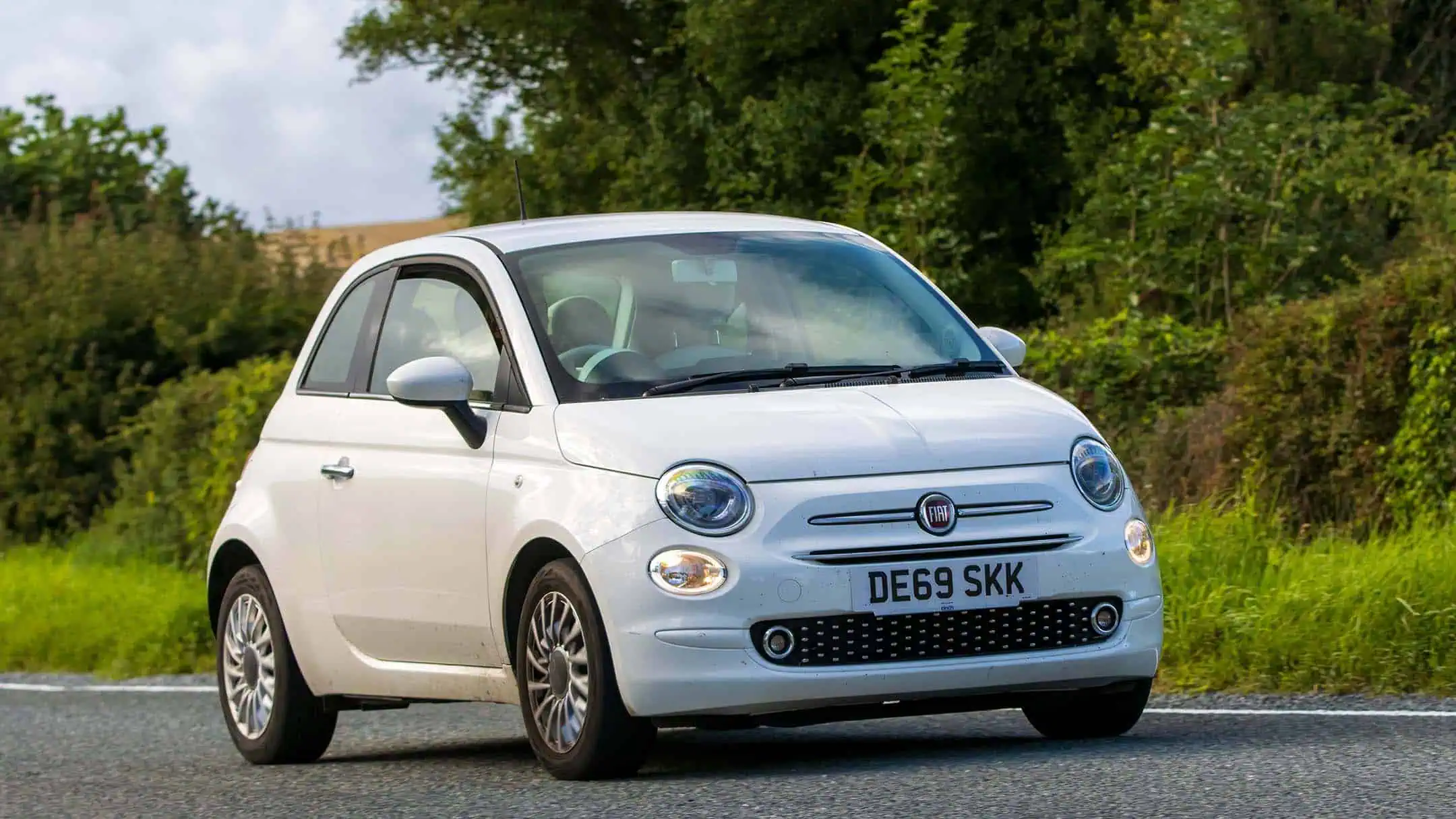
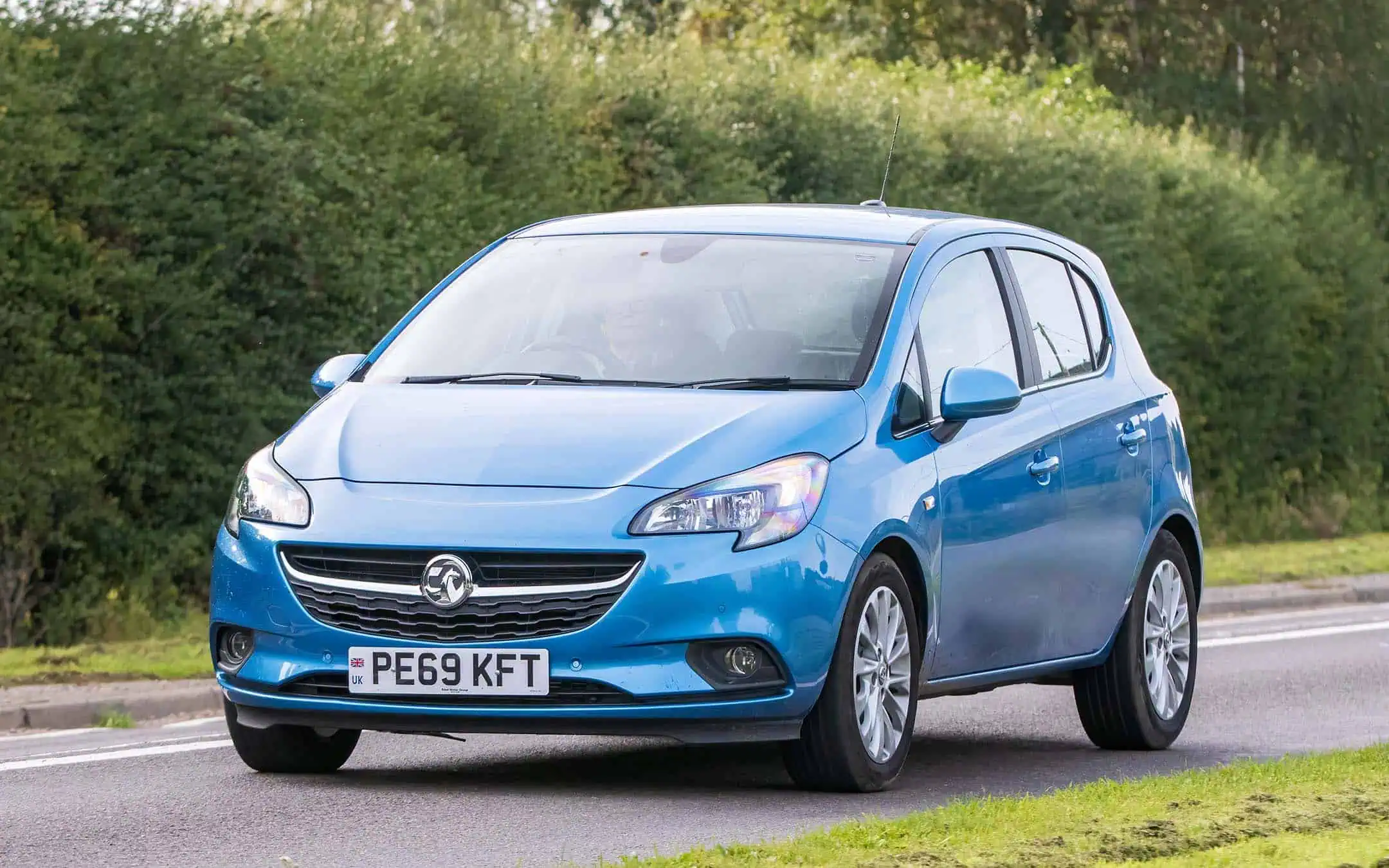
What are the cheapest cars to insure for new drivers?
Think small when you’re looking for the cheapest car to buy and insure as a new driver. While they might not be the right fit for you if you have a large family or need a 4×4 to cope with rural roads, smaller and less powerful car models are usually the cheapest to insure. Buying a used car can also be more cost-effective than a brand-new car as it will often be cheaper to replace or repair and cheaper to insure. Examples of cars that are typically cheap to insure include the Vauxhall Corsa, Ford Fiesta, Volkswagen Polo, Hyundai 110, and Fiat 500.s old. New driver car insurance can be expensive because those with less experience driving are more likely to be involved in an accident, and so are classed as higher risk drivers. Insurance premiums reflect the fact that a new driver is more likely to make a claim and require insurers to pay out.



